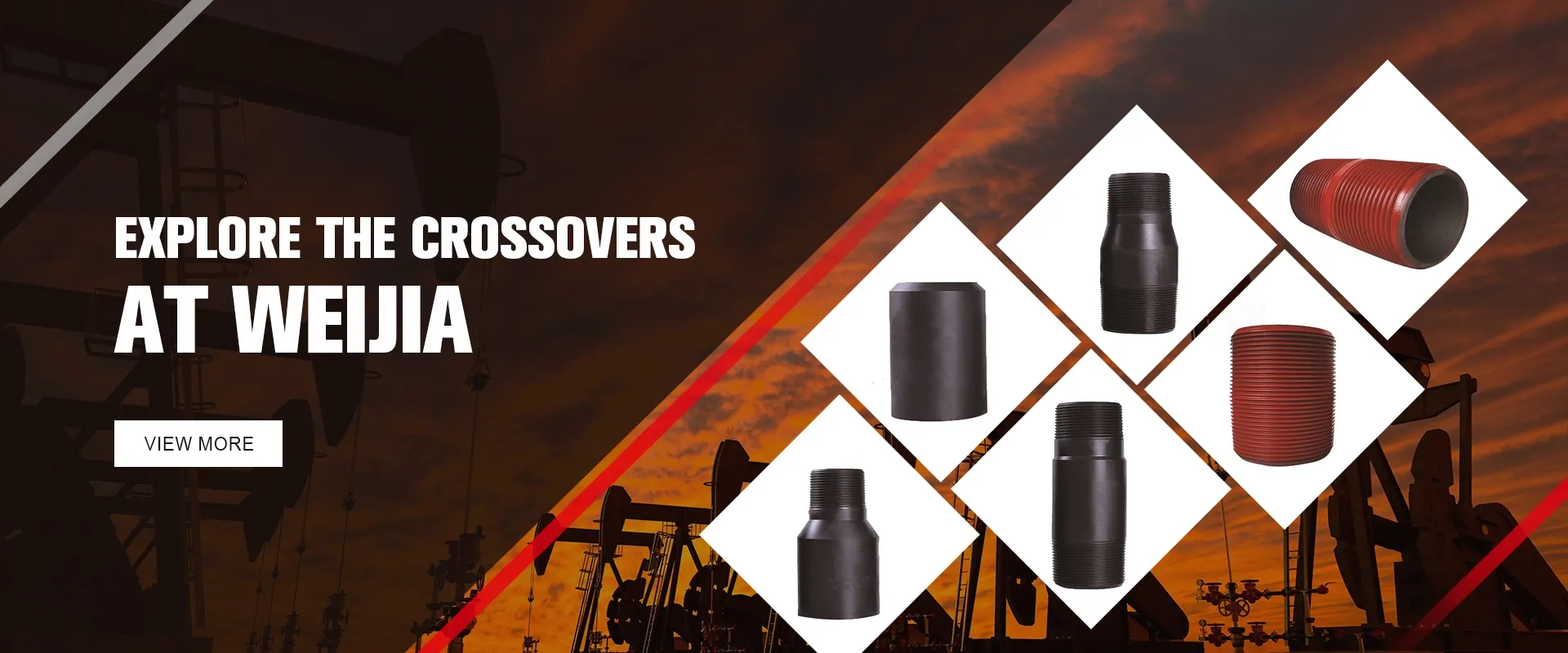- Afrikaans
- Albanian
- Amharic
- Arabic
- Armenian
- Azerbaijani
- Basque
- Belarusian
- Bengali
- Bosnian
- Bulgarian
- Catalan
- Cebuano
- Corsican
- Croatian
- Czech
- Danish
- Dutch
- English
- Esperanto
- Estonian
- Finnish
- French
- Frisian
- Galician
- Georgian
- German
- Greek
- Gujarati
- Haitian Creole
- hausa
- hawaiian
- Hebrew
- Hindi
- Miao
- Hungarian
- Icelandic
- igbo
- Indonesian
- irish
- Italian
- Japanese
- Javanese
- Kannada
- kazakh
- Khmer
- Rwandese
- Korean
- Kurdish
- Kyrgyz
- Lao
- Latin
- Latvian
- Lithuanian
- Luxembourgish
- Macedonian
- Malgashi
- Malay
- Malayalam
- Maltese
- Maori
- Marathi
- Mongolian
- Myanmar
- Nepali
- Norwegian
- Norwegian
- Occitan
- Pashto
- Persian
- Polish
- Portuguese
- Punjabi
- Romanian
- Russian
- Samoan
- Scottish Gaelic
- Serbian
- Sesotho
- Shona
- Sindhi
- Sinhala
- Slovak
- Slovenian
- Somali
- Spanish
- Sundanese
- Swahili
- Swedish
- Tagalog
- Tajik
- Tamil
- Tatar
- Telugu
- Thai
- Turkish
- Turkmen
- Ukrainian
- Urdu
- Uighur
- Uzbek
- Vietnamese
- Welsh
- Bantu
- Yiddish
- Yoruba
- Zulu
well casing coupler
Understanding Well Casing Couplers Essential Components in Oil and Gas Drilling
Well casing couplers play a pivotal role in the oil and gas industry, facilitating the effective assembly of casing strings. These couplers serve as connectors between individual casing pipes, ensuring structural integrity and reliability during drilling operations. In this article, we will explore the importance, types, and applications of well casing couplers in drilling environments.
What is Well Casing?
Before delving into couplers, it is essential to understand what well casing is. Casing refers to the series of tubes that are installed in the drilled well to stabilize the well bore, prevent contamination of groundwater, and ensure the safe extraction of oil and gas. The casing protects the wellbore's integrity against external pressures and conditions, allowing for the reliable extraction of hydrocarbons.
The Role of Casing Couplers
Casing couplers are critical components used to join various sections of casing pipe. These connectors are designed to withstand significant pressure, ensuring that the casing remains intact during the drilling process. The tight seals provided by couplers help prevent leaks, which could lead to environmental hazards or blowouts.
Types of Casing Couplers
There are several types of well casing couplers, each designed for specific applications
well casing coupler

1. Threaded Couplers These are the most common type, featuring external and internal threads that allow them to screw onto the ends of casing pipes securely. Threaded couplers are easy to install and remove, making them a popular choice for many drilling operations.
2. Slip-on Couplers Slip-on couplers fit over the end of pipe sections, and once placed, they are typically welded in place. This type offers superior strength and is commonly used in high-pressure applications.
3. Welded Couplers As the name suggests, these couplers are welded directly onto the casing pipe. This method ensures a permanent connection and is often used in situations where maximum structural integrity is required.
4. Flanged Couplers These couplers feature flanges on their ends, allowing them to be bolted together. Flanged couplers are often used in large-diameter casings and situations where easy disassembly is required.
Applications of Casing Couplers
Well casing couplers are utilized across various stages of the drilling process. During well construction, they are essential for connecting multiple casing sections to reach the desired depth. In addition, during maintenance and repair activities, couplers allow for the easy disconnection and replacement of damaged casing sections.
In summary, well casing couplers are fundamental components that ensure the safety, integrity, and efficiency of oil and gas drilling operations. Their diverse designs cater to different application needs, reflecting their importance in maintaining the structural and environmental safety of drilling endeavors. As the industry continues to evolve, the role of casing couplers will remain vital in promoting sustainable and responsible resource extraction practices.
-
Tubing Pup Joints: Essential Components for Oil and Gas OperationsNewsJul.10,2025
-
Pup Joints: Essential Components for Reliable Drilling OperationsNewsJul.10,2025
-
Pipe Couplings: Connecting Your World EfficientlyNewsJul.10,2025
-
Mastering Oilfield Operations with Quality Tubing and CasingNewsJul.10,2025
-
High-Quality Casing Couplings for Every NeedNewsJul.10,2025
-
Boost Your Drilling Efficiency with Premium Crossover Tools & Seating NipplesNewsJul.10,2025







